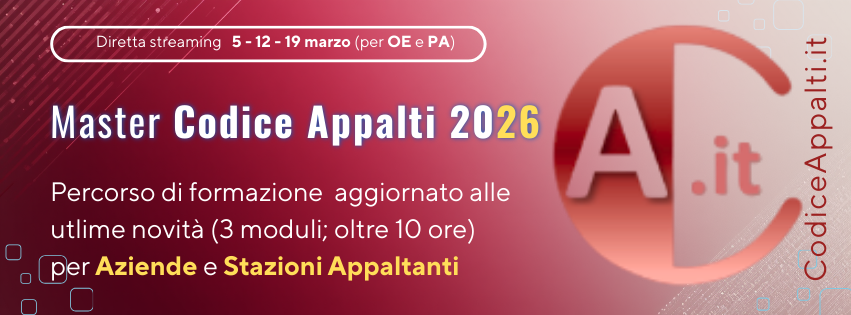Art. 52. Rules applicable to communications
1. In ordinary sectors and special sectors, all communications and information exchange under this Code are performed using electronic means of communication in accordance with the requirements of this paragraph and of paragraphs 2 to 9, as well as the Code of digital administration in Legislative Decree n. 82 of 7 March 2005. The tools and devices to be used for communicating by electronic means, as well as their technical characteristics, shall be non- discriminatory, generally available and interoperable with the ICT products in general use and shall not restrict economic operators’ access to the procurement procedure. Notwithstanding the first subparagraph, contracting authorities or entities shall not be obliged to require electronic means of communication in the offer submission process exclusively in the following hypotheses:a) due to the specialized nature of the procurement, the use of electronic means of communication would require specific tools, devices or file formats that are not generally available or supported by generally available applications;
b) the applications supporting file formats that are suitable for the description of the tenders use file formats that cannot be handled by any other open or generally available applications or are under a proprietary licensing scheme and cannot be made available for downloading or remote use by the contracting authority or entity;
c) the use of electronic means of communication would require specialized office equipment that is not generally available to the contracting authority or entity;
d) the procurement documents require the submission of physical or scale models which cannot be transmitted using electronic means;
e) the use of means of communication other than electronic means is necessary either because of a breach of security of the electronic means of communications or for the protection of for the protection of particularly sensitive information requiring such a high level of protection that it cannot be properly ensured by using electronic tools and devices that are generally available to economic operators or can be made available to them by alternative means of access within the meaning of paragraph 6.
2. In cases in which electronic means of communication are not used pursuant to the third period of paragraph 1, communication shall be carried out by post or other suitable carrier or by a combination thereof.
3. Contracting authorities or entities shall indicate in the single report the reasons according to which the use of means of communication other than electronic means has been deemed necessary in accordance with paragraph 1, third period.
4. Notwithstanding paragraphs 1 to 3, oral communication may be used in respect of communications other than those concerning the essential elements of a procurement procedure, provided that the content of the oral communication is documented to a sufficient degree. For this purpose, the essential elements of a procurement procedure include the procurement documents, requests for participation, confirmations of interest and tenders. In particular, oral communications with tenderers which could have a substantial impact on the content and assessment of the tenders shall be documented to a sufficient extent and by appropriate means.
5. In all communication, exchange and storage of information, contracting authorities or entities shall ensure that the integrity of data and the confidentiality of tenders and requests to participate are preserved. They shall examine the content of tenders and requests to participate only after the time limit set for submitting them has expired.
6. Contracting authorities or entities may, where necessary, require the use of tools and devices which are not generally available but, in that case, they offer alternative means of access. Adequate alternative means of access are considered those which:
a) offer a complete, unlimited and direct access free of charge by electronic means to those tools and devices from the date of publication of the notice in accordance with Annex V or from the date when the invitation to confirm interest is sent. The text of the notice or the invitation to confirm interest shall specify the internet address at which those tools and devices are accessible;
b) ensure that tenderers having no access to the tools and devices concerned, or no possibility of obtaining them within the relevant time limits, provided that the lack of access is not attributable to the tenderer concerned, may access the procurement procedure through the use of provisional tokens made available free of charge online; or
c) offer an alternative channel for electronic submission of tenders.
7. Contracting authorities and contracting entities may impose on economic operators conditions intended to safeguard the confidentiality nature of information that the abovementioned subjects make available during the entire award procedure.
8. In addition to the requirements set out in Annex XI, the following rules shall apply to tools and devices for the electronic transmission and receipt of tenders and for the electronic receipt of requests to participate:
a) contracting authorities or entities make available for the interested parties information on specifications for the electronic submission of tenders and requests to participate, including encryption and time-stamping;
b) contracting shall specify the level of security required for the electronic means of communication in the various stages of the procurement procedure. That level shall be proportionate to the risks attached;
c) where contracting authorities conclude that the level of risks, assessed under point b) of this paragraph, is such that advanced electronic signatures as defined by the Code of Digital Administration (Legislative Decree n. 82 of 7 March 2005), are required, contracting authorities shall accept advanced electronic signatures supported by a qualified certificate, taking into account whether those certificates are provided by a certificates service provider, which is on a trusted list provided for in Commission Decision 2009/767/EC, created with or without a secure signature creation device, subject to compliance with the following conditions:
1) the contracting authorities or entities shall establish the required advanced signature format on the basis of formats established in technical rules adopted in implementing the Code of Digital Administration (Legislative Decree n. 92 of 7 March 2005) and shall put in place necessary measures to be able to process these formats; in case a different format of electronic signature is used, the electronic signature or the electronic document carrier shall include information on existing validation possibilities. Validation possibilities shall allow the contracting authority to validate online, free of charge and in a way that is understandable for non-native speakers, the received electronic signature as an advanced electronic signature supported by a qualified certificate.
2) where a tender is signed with the support of a qualified certificate that is included on a trusted list, the contracting authorities or entities shall not apply additional requirements that may hinder the use of those signatures by tenderers.
9. In respect of documents used in the context of a procurement procedure that are signed by a competent authority or another issuing entity, the competent issuing authority or entity may establish the required advanced signature format in accordance with the requirements set out in the technical rules adopted in implementing the Code of Digital Administration (Legislative Decree n. 82 of 7 March 2005). They shall put in place the necessary measures to be able to process that format technically by including the information required for the purpose of processing the signature in the document concerned. Such documents shall contain in the electronic signature or in the electronic document carrier information on existing validation possibilities that allow the validation of the received electronic signature online, free of charge and in a way that is understandable for non-native speakers.
10. As for concessions, except where use of electronic means is mandatory pursuant to this Code, contracting authorities or entities may choose one or more of the following means of communication for all communication and information exchange:
a) electronic means;
b) post;
c) oral communication, including telephone, in respect of communications other than the essential elements of a concession award procedure, and provided that the content of the oral communication is documented to a sufficient degree on a durable medium;
d) hand delivery certified by an acknowledgment of receipt.
11. In the cases provided for in paragraph 10, the means of communication chosen shall be generally available and non-discriminatory, and shall not restrict economic operators’ access to the concession award procedure. The tools and devices to be used for communicating by electronic means, as well as their technical characteristics, shall be interoperable with the information and communication technology products in general use.
12. To concessions, paragraphs 5 to 7 shall apply.
Condividi questo contenuto:






